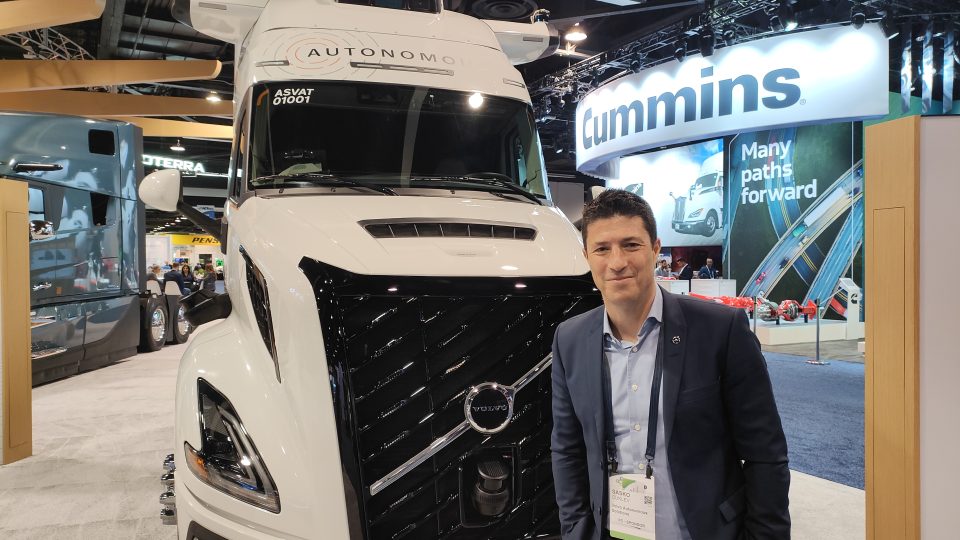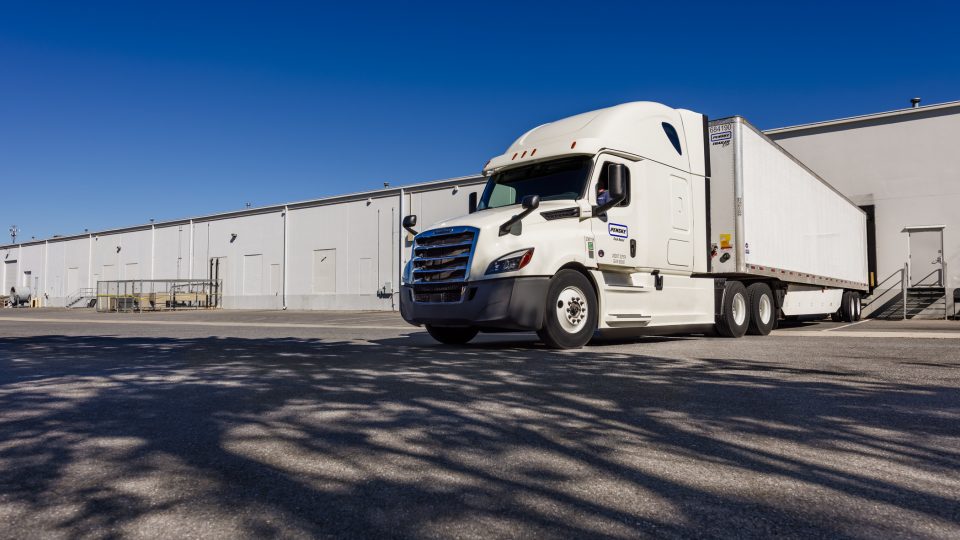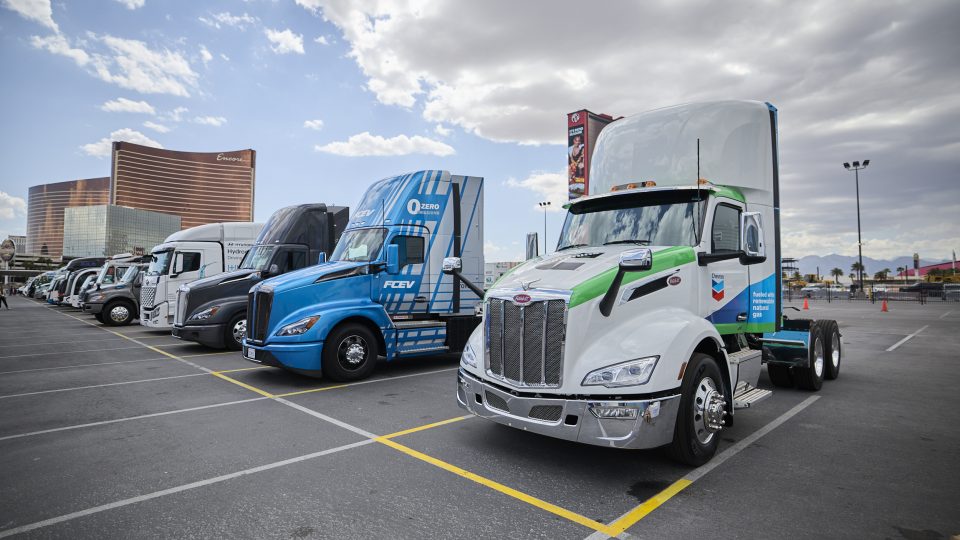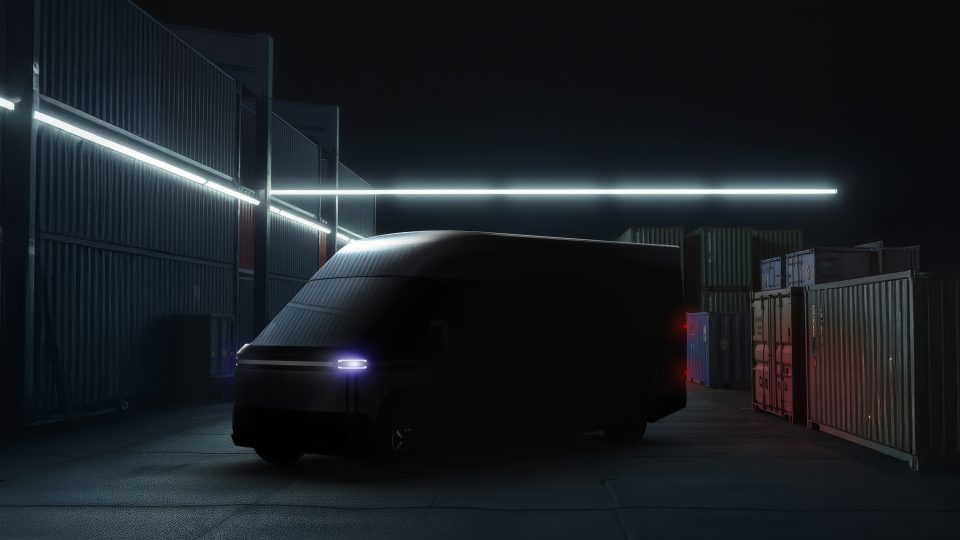«We see the future of commercial vehicles as electric». Our interview with Stefan Klatt (MAN Truck & Bus)
«We are committed to the climate targets set out in the Paris Agreement and will do our part by developing low-emission vehicles. Our declared goal is to have no more CO2-emitting commercial vehicles on the roads by 2050. Looking for 2030, we are on track to achieve our goals», he told us.
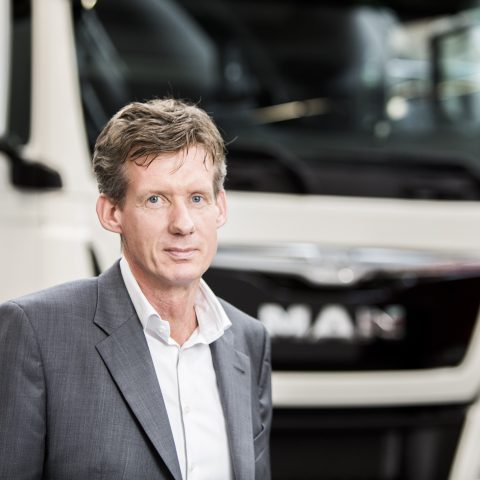
Stefan Klatt is Head of Corporate Responsibility at MAN Truck & Bus SE. We might say he’s part of the team in charge of promoting and monitoring, within the company, the road to energy transition. It’s not a coincidence that, at the end of the interview, he outlined the roadmap MAN Truck & Bus is expected to follow in view of 2050. Here’s how Mr Klatt sees the future of the truck sector from a MAN perspective. «We are committed to the climate targets set out in the Paris Agreement and will do our part by developing low-emission vehicles. Our declared goal is to have no more CO2-emitting commercial vehicles on the roads by 2050. Based on the average useful life of our vehicles, this means for us as a manufacturer that we want to offer only zero-emission vehicles from 2040 onwards, in order to then achieve our net zero emission target in 2050. Looking for 2030, we are on track to achieve our goals».
Stefan Klatt (MAN Truck & Bus): the importance of zero-emission vehicles
MAN Truck & Bus has recently been awarded with the Sustainable Truck of the Year 2022 in the Tractor category with a diesel-fueled heavy-duty truck like the TGX. In your opinion, why is the research on traditional IC engines so important in view of gradual decarbonization? Is this the key to optimize efficiency in ready-to-use heavy-duty vehicles?
«The megatrends of CO2-free driving, digitalization, and automation have enormous momentum and are changing our industry at breakneck speed. This is a particular challenge against the backdrop that conventional drives will also be needed for some years to come. But the traditional derived diesel engine is facing extinction in the medium term. That’s why the EU’s climate protection targets can only be achieved with zero-emission vehicles, i.e. electricity or hydrogen. In addition, we believe it is realistic that BEV-powered vehicles will catch up with conventional combustion engines in terms of total cost of ownership before the end of this decade. But even today, MAN’s current engines in all performance classes can also be operated with kerosene fuels in accordance with EN 15940, such as Hydrotreated Vegetable Oils (HVO). Nevertheless, we see the future of commercial vehicles as electric, as electricity is superior to synthetic fuels in terms of energy efficiency. Accordingly, we do not expect e-fuels to compete on a large scale with battery electric drives. We see biofuels such as ethanol merely as a local supplement in selected markets».
MAN has achieved a great deal in the past and is now taking binding steps to further reduce the greenhouse gas emissions generated in the use of our vehicles, in their production, and in the supply chain. Joining SBTi is an important step in defining concrete interim targets for our path to greenhouse gas neutrality
Stefan Klatt, Head of Corporate Responsibility, MAN Truck & Bus
Speaking of decarbonization, what’s the strategy of MAN Truck & Bus for lung-haul trucks? And what’s the strategy for lighter commercial vehicles?
«As for Long haul trucks, since 2018, vehicles from a small series of the eTGM have been undergoing practical trials at European customers in various distribution logistics applications, including food and refrigerated transport, general cargo distribution and parts logistics in the automotive industry. From 2024, our new-generation trucks will be on the road.
Talking about vans, we currently see the greatest demand for e-trucks in urban areas for last-mile deliveries. Here we are well positioned with our battery-electric van, the eTGE. The vehicle has been in production since 2018 and uses tried-and-tested technology from the VW Group».
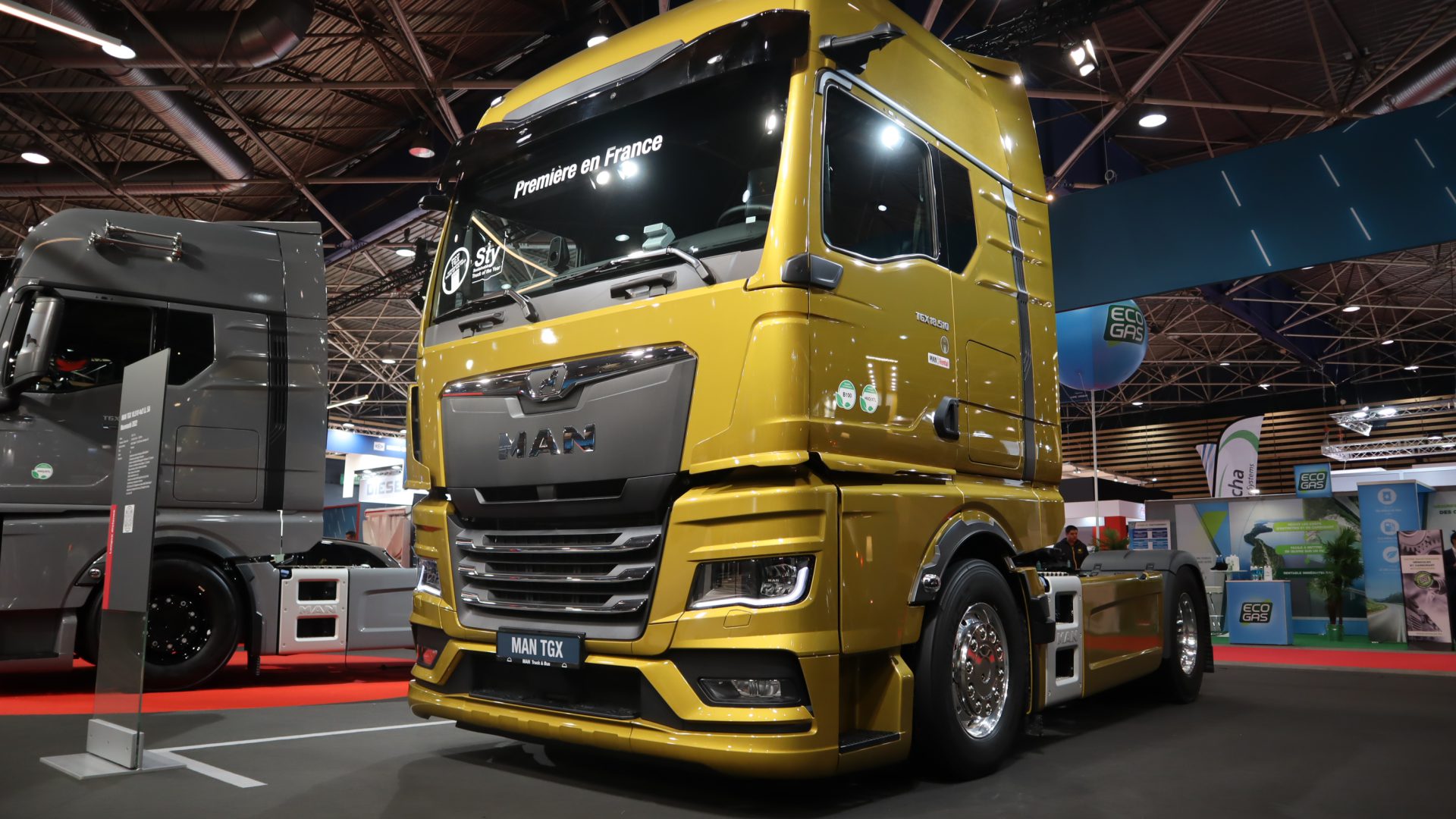
The Science-Based Targets initiative
What does it mean to be part of the Science-Based Targets initiative, in practical terms?
«MAN wants to minimize greenhouse gases by setting binding, science-based targets. That is why the company has joined the Science Based Targets Initiative (SBTi). MAN has achieved a great deal in the past and is now taking binding steps to further reduce the greenhouse gas emissions generated in the use of our vehicles, in their production, and in the supply chain. Joining SBTi is an important step in defining concrete interim targets for our path to greenhouse gas neutrality. In doing so, we as MAN are following the vision of offering our customers sustainable solutions for transportation and passenger transport.
As a commercial vehicle manufacturer, MAN considers itself to have a particular responsibility to do everything in its power to contribute to climate protection. According to the European Environment Agency EEA, the transport sector is responsible for around 29 percent of climate-damaging emissions in the EU (as of 2019), of which in turn just under one-third is attributable to commercial vehicle applications involving heavy and light trucks. This naturally includes a very large number of MAN vehicles. Our responsibility for climate protection is correspondingly high. More than 95 percent of total greenhouse gas emissions along our value chain occur in the use phase of our products. Reducing emissions in this area is therefore a top priority.
Whether BEVs or the use of fuel cells will prevail in long-distance transport depends on the availability and cost of the respective energy sources, the development of charging infrastructure (electric charging stations and H2 filling stations), and technological advances (e.g., in battery technology)
Stefan Klatt, Head of Corporate Responsibility, MAN Truck & Bus
Climate protection and sustainability also open up new business areas for MAN. Particularly in connection with corresponding energy infrastructure offerings, new digital solutions and, later, automation, this is an exciting aspect that is already emerging in the passenger car sector».
«Robust company, Smart innovator, Strong team»
We’ve heard about the so-called NewMAN strategy. Which are its main pillars?
«A completely new approach at MAN at the heart of our new strategy. NewMAN is our vision of ‘Simplifying customer business through leading sustainable solutions’, that is, using leading sustainable solutions to make our customers’ business simpler. We are approaching this from three directions. As a Robust Company that remains stable and resilient even in stormy times. As a Smart Innovator, meaning the ability to promote intelligent innovation instead of wanting to be number one everywhere. As a Strong Team: we all want to work together to shape a new MAN. There are numerous initiatives to meet the changing needs of our customers even better».
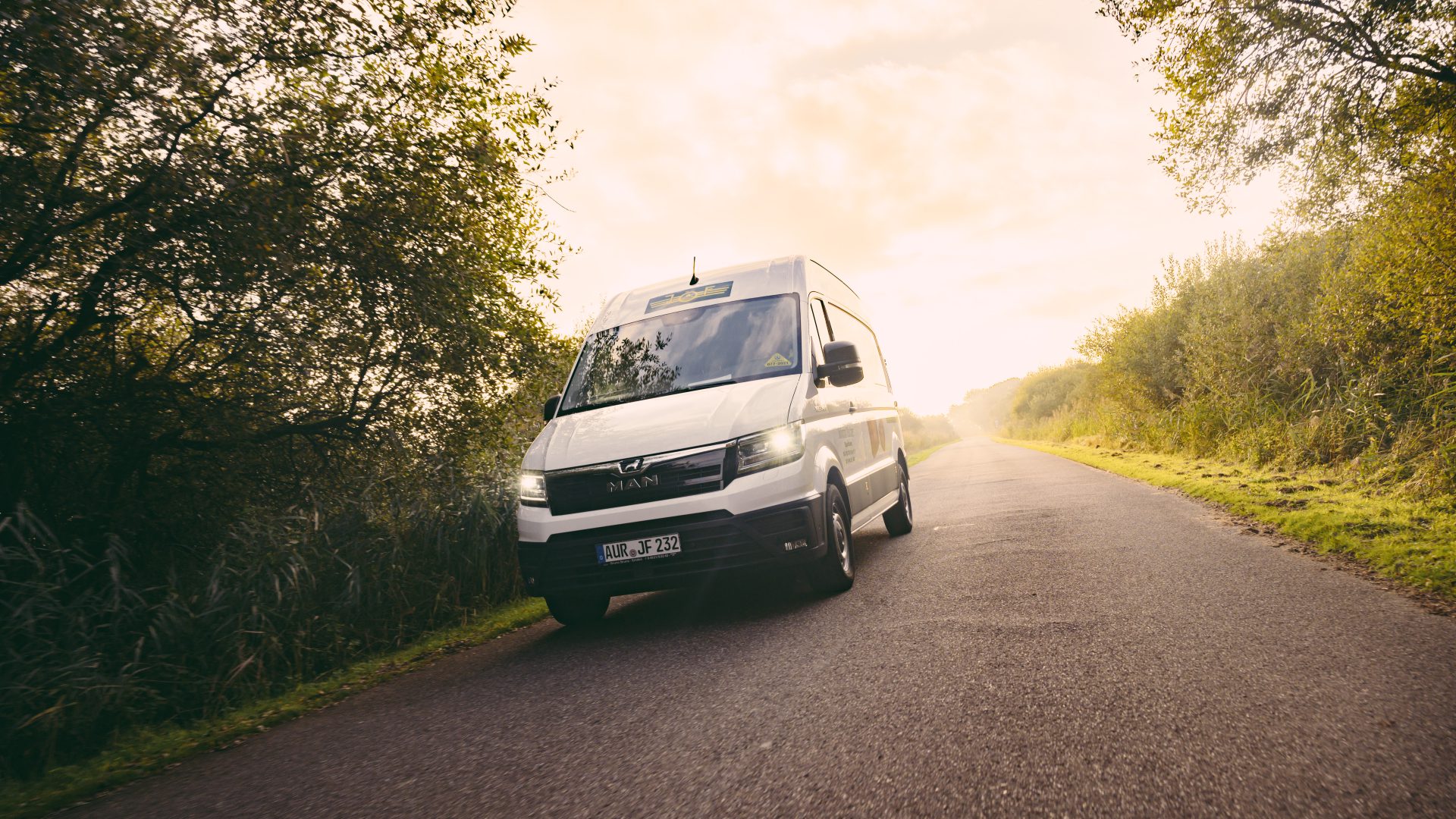
What does it mean to be part of a truly global group like TRATON when it comes to plan and face such a complex energy transition like the one we’re living?
«The industry has to invest heavily in the future issues of CO2-free driving, digitization and automation. Here, it helps enormously to be part of a strong group and to tackle the tasks together. MAN has not just one strong partner, but two: TRATON with valuable support in typical commercial vehicle technologies, such as drives and digital services. Volkswagen offers us expertise in future-critical technologies such as the battery and autonomous driving. The advantages of these partnerships are obvious. On the one hand, components do not have to be developed twice. On the other hand, the software for autonomous driving is extremely complex. But if we pool our knowledge, we will be able to hold our own against new and traditional competitors in this field».
Which key messages have emerged from the COP26, speaking of sustainable mobility?
«The switchover will only succeed if either the costs of use are lower than for the other drive types – trucks and buses are capital goods with which companies have to generate profits. Or legal framework conditions, e.g. priority entry for low-CO2/free vehicles, provide incentives for a switch. Whether BEVs or the use of fuel cells will prevail in long-distance transport depends on the availability and cost of the respective energy sources, the development of charging infrastructure (electric charging stations and H2 filling stations), and technological advances (e.g., in battery technology)».
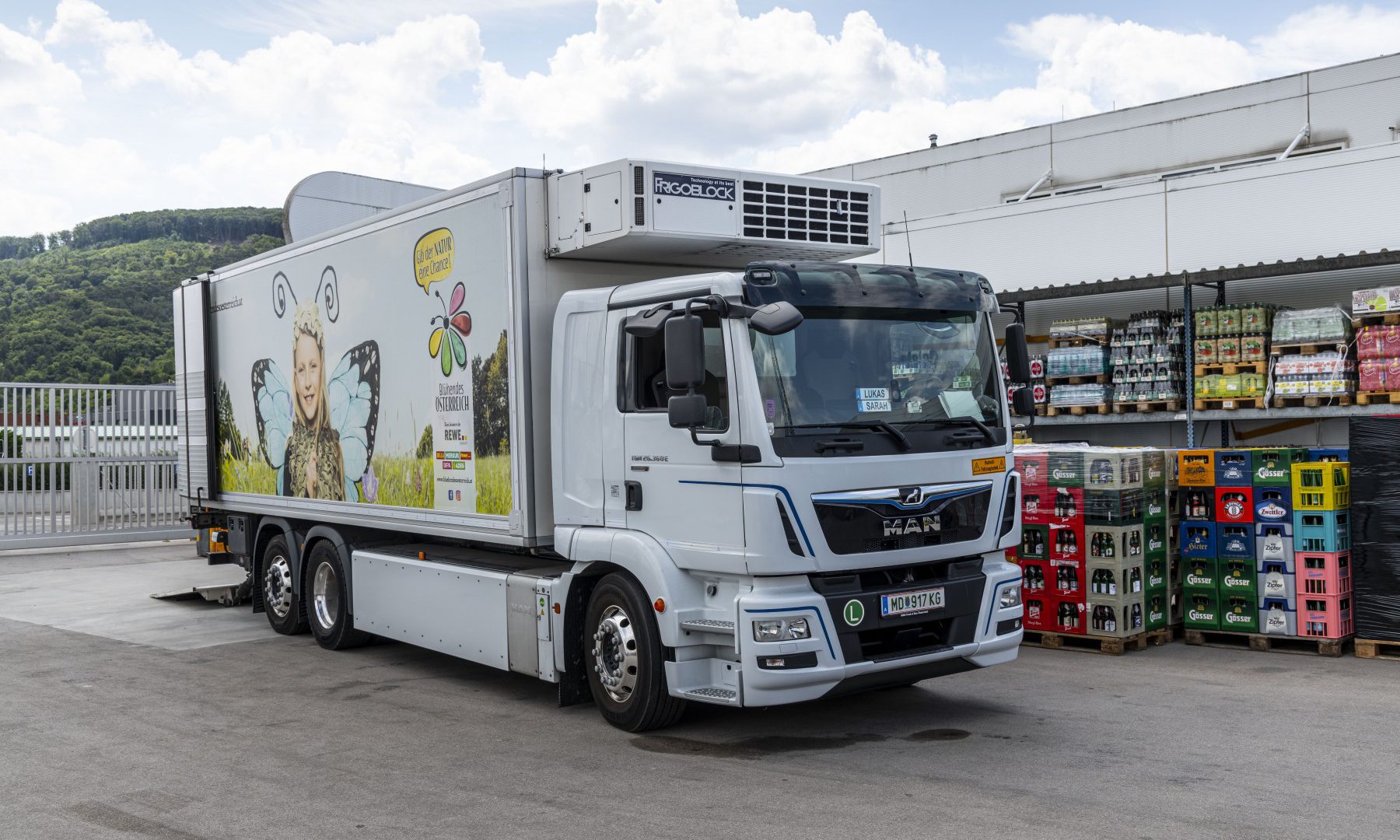
An ‘electrified’ environment
How’s MAN working or collaborating with providers of key technologies for an ‘electrified’ environment? We refer to infrastructure specialist, energy providers, battery and key electric component manufacturers, for instance. Is MAN considering signing some agreements or set some partnerships?
«We see partnerships as a way to bring the technology to the road-in close cooperation with Scania, VW, and our current partners and start-ups such as TuSimple (particularly in automated driving). But, of course, we are looking for partnerships with regard to an electrified environment as well. This is where MAN benefits from being part of a strong Group».
Talking about hydrogen, is MAN currently testing fuel cell trucks? Are hydrogen-fueled ICEs a concrete option for the future?
«In public transport and distribution transport, the decision is clear: battery-powered electric vehicles are the vehicle of choice. Accordingly, MAN Truck & Bus is already offering the MAN Lion’s City E city bus and the eTGE, as well as the eTGM electric distribution truck in series production. The fully electric truck of the new truck generation will hit the road from 2024. Apart from the rapid further development of battery technology, hydrogen is a possible option as an alternative fuel for long-distance transport. Especially for weight-sensitive applications, with varying or very high range requirements».










